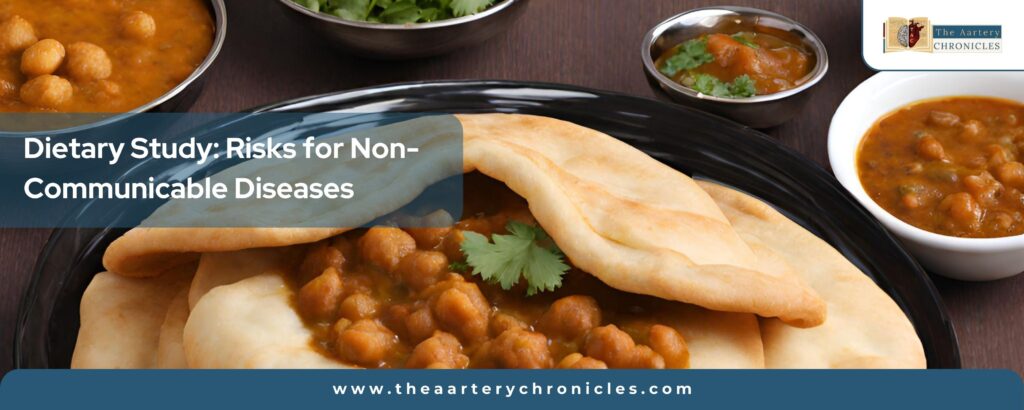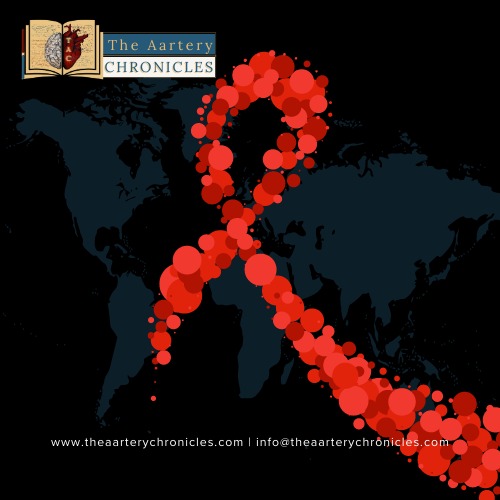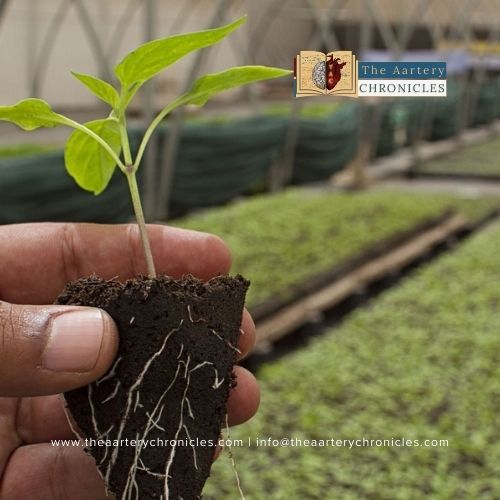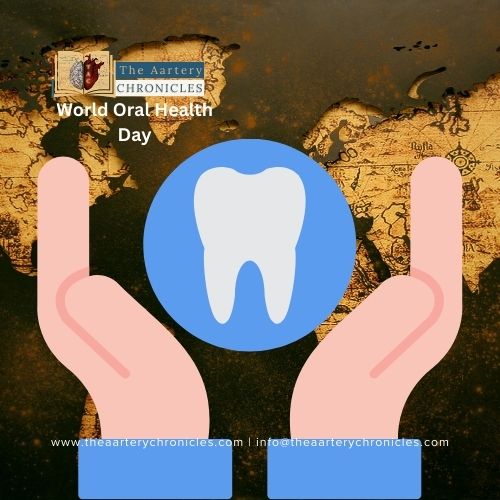

Dietary Study: Risks for Non-Communicable Diseases in North India
Learn about a recent dietary study in North India revealing trends in nutrition habits and risks for non-communicable diseases.
A recent dietary study conducted in North India has uncovered concerning trends in the region’s eating habits, shedding light on potential risks for prevalent non-communicable diseases. The study, which involved over 400 adult volunteers including both healthy individuals and those with early-stage chronic kidney disease (CKD), focused on assessing sodium, potassium, phosphorus, and protein intake.
Research Methodology: Rigorous Techniques for Accurate Insights
Using meticulous research methods such as 24-hour urine excretion analysis, the study aimed to provide accurate insights into nutrient consumption, avoiding the limitations associated with relying solely on food memory.
Key Findings: Troubling Trends in Dietary Habits
The results unveiled troubling patterns, including
- Inadequate protein intake falling below recommended levels
- Excessive salt consumption surpassing recommended limits
- Insufficient potassium intake
These dietary irregularities have been linked to an elevated risk of hypertension, cardiovascular issues, and chronic renal disease.
Recommendations for Action: Addressing Dietary Challenges
Experts, based on the study’s findings, recommend a multifaceted approach to address the widespread occurrence of non-communicable diseases. Proposed measures encompass various strategies such as enhancing product labeling to aid consumers in making informed choices, reducing salt content in processed foods, and promoting the consumption of potassium-rich fruits and vegetables.
Community Well-being: Balancing Tradition and Health
The research emphasizes the significance of embracing an informed and comprehensive approach to dietary choices, acknowledging the intricate link between taste preferences and nutritional considerations.
Communities in North India can relish the distinctive flavors of their cuisine while also prioritizing their overall well-being through tailored interventions that cater to the specific needs of individuals and society.
According to WHO guidelines, it is recommended to consume 2 grams of sodium daily (equivalent to less than 5 grams of salt) and to ensure a potassium intake of at least 3.50 grams. For individuals with chronic conditions like kidney diseases and hypertension, sodium intake should not exceed 1.50 grams per day.
Source: Inputs from various media Sources

Priya Bairagi
- Medicine
- Nutrition And Diet












